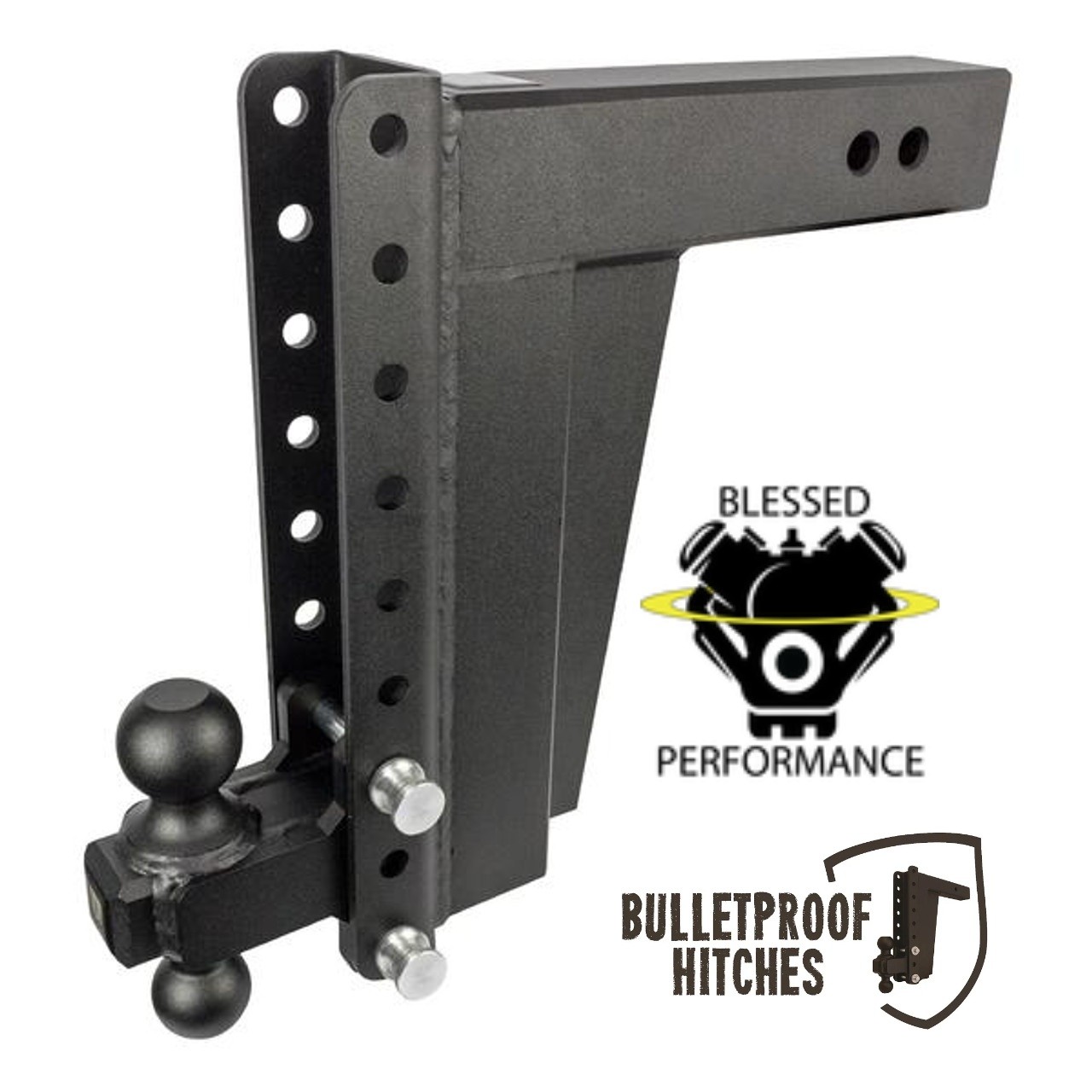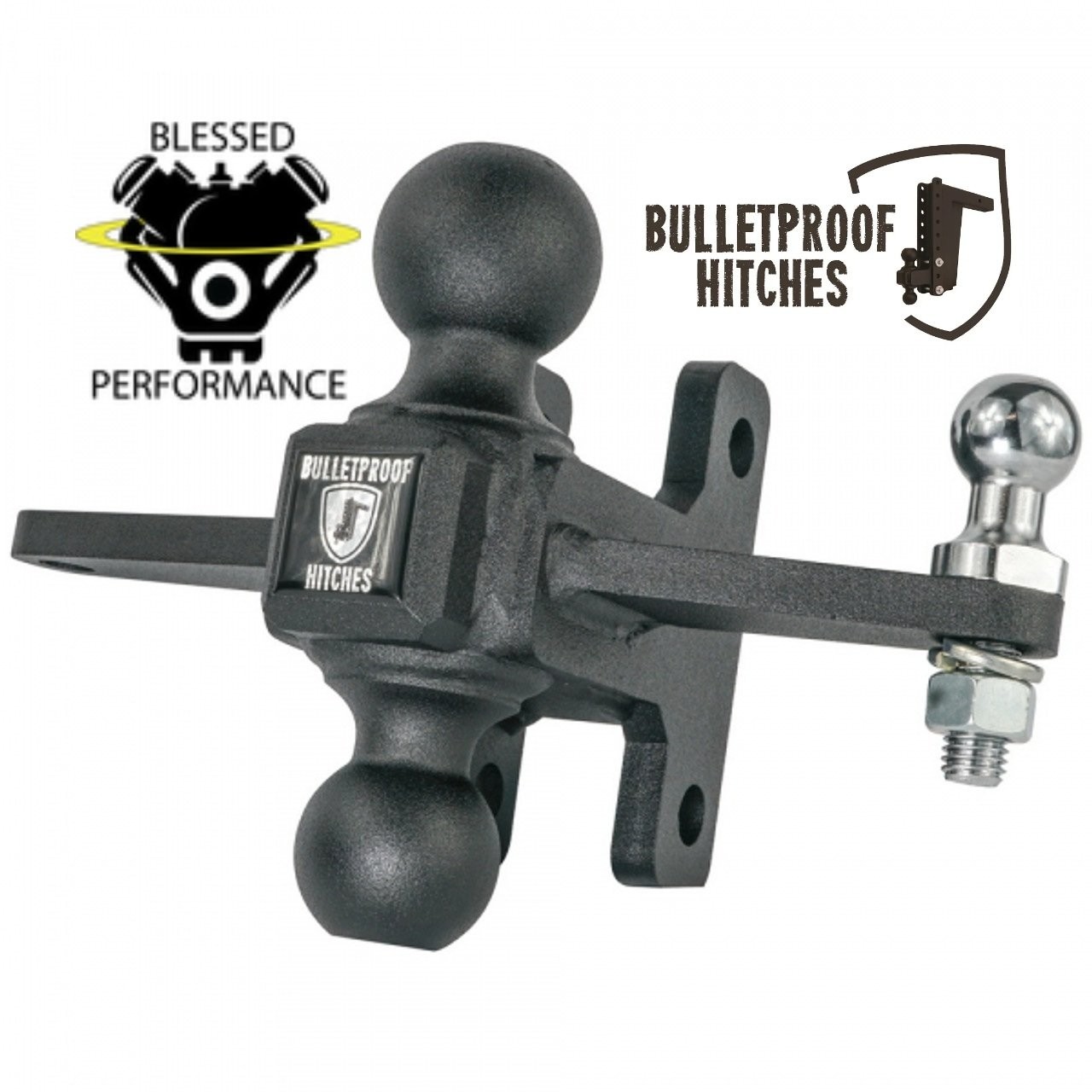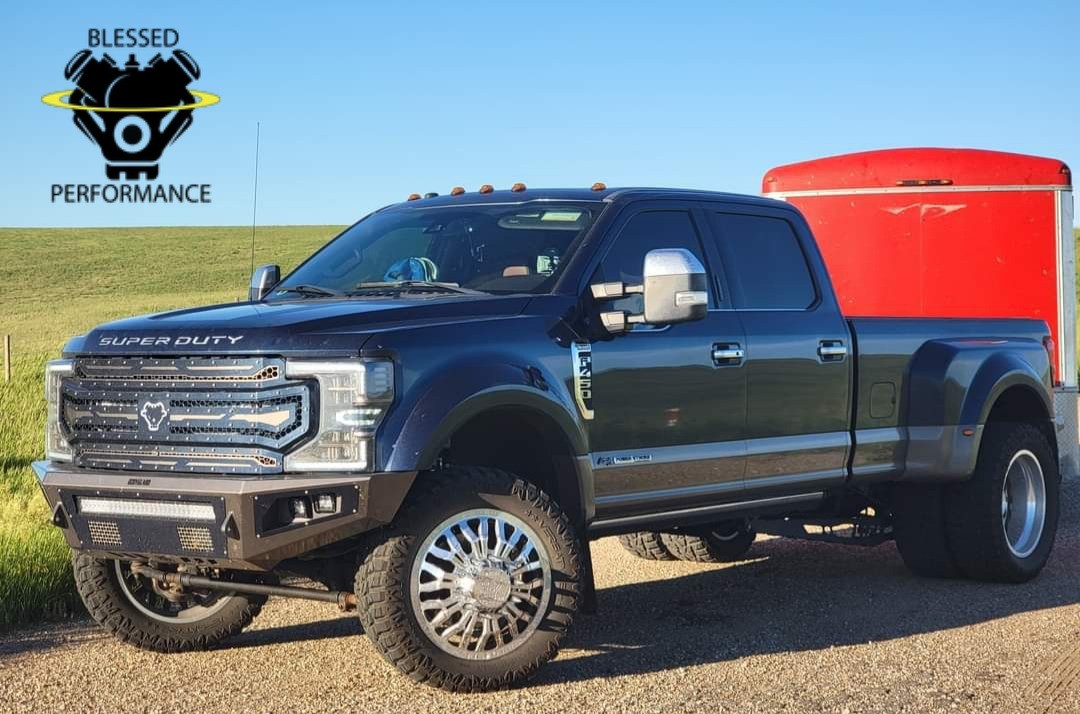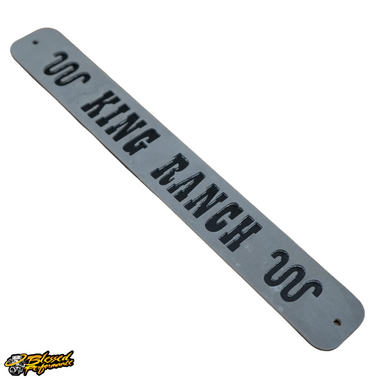Tips for Towing a Trailer: Everything You Need to Know
Estimated 0 min read
Popularity of Trucks and SUVs
Trucks have been on the road for over 100 years and are more popular now than ever before. They were initially thought of only as work vehicles, but over the past few decades, they have become multipurpose vehicles capable of many tasks. Trucks and the SUVs built on truck platforms are equally at home at a construction site or supermarket as they are used as a work horse and family vehicle.
By far the most popular reason for owning a truck is the capability to pull a trailer. If you own a boat, ATV, or side-by-side (or plan on getting one soon), you will need a truck or capable SUV and trailer for transport to your favorite destinations. Listed below are some of the best tips for towing a trailer and all the basic information you need to know before hitching up.
Types of Trailer Hitches

There are many ways to safely attach or "hitch" a trailer to a truck or SUV, and which style hitch you use will depend on the size of your truck and what you will be hauling.
Bumper Hitch – A bumper hitch is the most basic way to attach a trailer to a truck. Most trucks come from the factory with a step-down bumper equipped with a mounting hole for a hitch ball, which will allow you to pull a small trailer.
Rear Receiver Hitch – A receiver hitch mounts to the rear frame of a truck or SUV and features a removable portion that allows you to easily change hitch ball sizes and configurations.
5th Wheel Hitch – A 5th wheel hitch mounts in the bed of a truck and allows a trailer to slide in to connect to your vehicle. They provide a stable and smooth ride that is great for recreational towing, like road trips with travel trailers.
Gooseneck Hitch - A gooseneck hitch also mounts in the bed of a truck but uses a ball hitch instead of a slide-in style setup, which gives you more room and is the preferred setup for agricultural and industrial towing.
Front Mount Hitch – A front mount hitch attaches to the frame of a vehicle just like a rear receiver hitch, only it is placed at the front of the vehicle instead of the rear. By attaching a trailer to the front of your truck, you will have greater control of its movement, which is great for parking in a tight spot or maneuvering at a boat ramp.
Pintle Hitch – A pintle hitch utilizes a heavy-duty ring that allows for more movement and weight capacity than a traditional ball hitch setup. They are primarily used for industrial and military applications.
Weight Distribution Hitch – A weight distribution hitch is a style hitch that helps distribute the weight of the load you are hauling by keeping the weight at the tongue of a trailer distributed over all four corners of your vehicle, which allows for a more level and stable ride.

Guide to Towing a Trailer
The first step when it comes to towing a trailer is to make sure that your truck is rated to handle the load that you plan on towing. The easiest way to do this is to check your truck's owner's manual to find out its exact capacity, but this information should also be available from your vehicles manufacturer. For instance, an F-250's towing capacity is about 12,300 to 15,000 lbs, but other makes and models will be different, so it's important to check your vehicle's maximum weight capacity. Then you will need to calculate the weight of your trailer and what load you will be hauling to be sure it is within your truck's range. You will also need to ensure that your trailer hitch is within the specifications of your weight capacity. For instance, a class 1 hitch is good for about 1,500 lbs, while a class 5 hitch is good for 10,000 lbs.
Next on your checklist will be making sure you have the correct hookup for your trailer. Regardless of what style hitch you have, you will need to make sure that you have the correct size ball and that the hitch and trailer are a perfect fit for each other. Now that you have these steps out of the way, it is time to hook up your trailer to your truck!
Actually securing your trailer to your truck is a relatively straightforward process but will be different depending on what style hitch you have and needs to be done correctly. Many trucks and SUVs now come from the factory with backup cameras, and you can install aftermarket cameras as well, but having a friend or relative act as a "spotter" is always a good idea. Once the trailer is secured to the hitch, you will need to ensure the hitch lock and safety chains are in place.
Locking your hitch is extremely important because if your hitch comes loose while in motion, severe and expensive damage can occur to your vehicle and trailer. If your safety chains are not connected and your hitch is not secured correctly, then you are in danger of losing your trailer completely while you are in motion, and this can cause extreme damage to other people's property and your own.
Last, but not least, you will want to make sure your truck and trailer's wiring harnesses are connected and working correctly. You will want to check that you have working brake lights and turn signals to keep yourself and other drivers safe on the road. Forgetting to connect trailer lights are a very common error even with seasoned drivers.
Now you will want to check your tongue weight. The weight resting on your hitch will need to be about 10-12% of your trailer's total weight. There are meters available to calculate this exact weight, but if you don't have one, step back and see if your tuck is sitting level. If it's squatting in the rear, then your weight distribution may be off, and some adjustments will need to be made.
Now that you have secured your trailer to your vehicle, you will need to check that what you are hauling is safely secured to your trailer. Whether you are towing a boat trailer or a bathtub, it is important to tie it down properly to avoid damaging what you are hauling. You could also be in danger of damaging other people's property, for which you will be held liable. It is best to check every connection and strap more than once, and it's always a good idea to recheck all tow straps and connections after a few miles and at every stop to be sure nothing has worked itself loose. Also check the tire pressure throughout your travels as a blowout will have more dramatic effects with the increased load.
Driving with a Trailer

Now that everything is properly attached and secured, it is time to hit the road and head toward your destination. There are a few important things to remember when towing a trailer. One is that your turning radius will be different than just driving a truck by itself, and the radius will also be different based on what style hitch you have, so allow yourself plenty of room to make a turn and be aware of your surroundings. Avoiding any tight turns, checking your blind spot and anticipating difficult areas are great habits to learn. You will also have a heavy load on your vehicle's brakes due to the added weight, so pay extra attention to road signs and the speed limit. You will also not be able to accelerate as quickly, so be careful not to overwork your engine and keep to the right lane on the highway.
Reversing with a trailer is also more complex than just backing up a truck, and may take some practice, but it will become easier once you get used to it. It is always a good idea to have a spotter since the driver will not be able to see everything at once, and you will want to give yourself plenty of space to reverse. It is also important to remember that because your truck and trailer have a pivot point when reversing, they will move in an "S" type manner. This means that if you turn the steering wheel to the left while reversing, the trailer will travel to the right and vice versa, so it is best to move in small increments while backing up, so you have plenty of room to make any corrections necessary. Also, remember to pay attention to the front of your vehicle while you are reversing. With your focus on what's going on behind you, it is easy to lose sight of how close your front might be getting to nearby objects. To make sure you're comfortable with reversing a trailer, practicing in an empty parking lot can build your confidence and get acquainted with the extra weight.
The biggest tip for towing a trailer is to use common sense! Check your weight, your connections at the hitch, strap down your load properly, and be as safe as possible. Having a pickup truck that can pull a new boat to your favorite lake or river, your side-by-side to the off-road park, or a race car to the track can provide you with an endless supply of weekend and holiday fun.
Upgrade Your Truck with Blessed Performance
If you have a truck that you use for work or recreation and need parts to repair or upgrade it, check out the folks at Blessed Performance. They not only carry a wide range of towing accessories, but also have any performance part you can think of for all the most popular diesel trucks. Whether your project is big or small, head over to the website to see everything they have available. If you have any questions, email them or give them a call, and they will be happy to help you get the parts you need to get your truck ready for the job site, the racetrack, or on the way to your next lake day!









